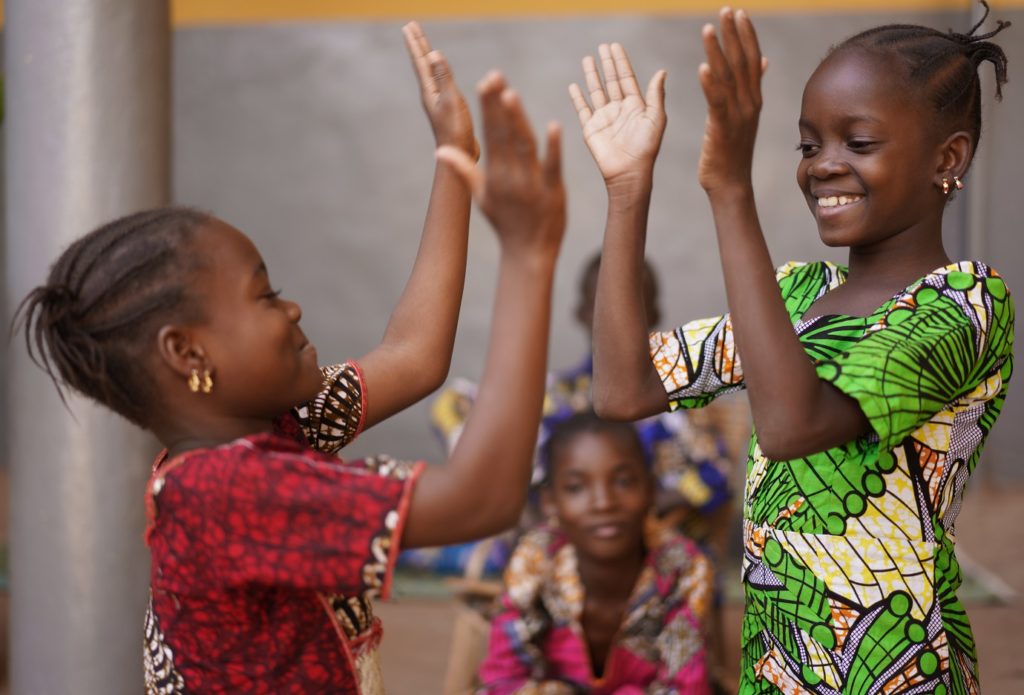UNICEF is calling on governments and regional institutions in Africa to accelerate efforts to end child marriage and female genital mutilation, marking International Day of the African Child.
African nations are currently home to 130 million child brides, according to UNICEF, including both girls under the age of 18 who have already married, and adult women who were married as children.
While some countries in Africa have made significant progress in reducing child marriage, others have not kept up. Factors like climate change, conflict and the impact of the pandemic have intensified the risks girls and women face, putting them at increased risk of child marriage.
UNICEF warns that if progress is not fast-tracked, an additional 45 million girls in sub-Saharan Africa will become child brides in the next decade.
New continental and regional reports released by UNICEF have provided updates on the status of child marriage and female genital mutilation in Africa and are calling on governments to increase domestic resources to end these practices in line with African Union Agenda 2063 and 2030 global agenda for sustainable development.
According to UNCEF, these priorities are underscored by The African Charter on the Rights and Welfare of the Child and the Convention on the Rights of the Child.
Marie-Pierre Poirier, UNICEF Regional Director for West and Central Africa, said ending child marriage is a key priority for UNICEF.
“To accelerate efforts, we need to invest in areas for high impact, notably reducing poverty as a main driver of child marriage, ensuring girls’ access to quality education and learning at scale and social and behaviour change in favour of girls’ and women’s full and active participation in social and economic life,” Marie-Pierre Poirier said.
“Multisectoral and contextualised interventions are needed given the higher prevalence of child marriage in rural areas, among the poorest households and among those with little or no education.
“We need ‘business unusual’ to shift the needle on child marriage and help ensure girls’ and women’s rights are protected.”
June 16 was the International Day of the African Child, themed: “Eliminating Harmful Practices Affecting Children: Progress on Policy and Practice since 2013.”
“As African governments assess both what has been invested in and what remains to be done to eliminate child marriage and female genital mutilation, increasing domestic resources to tackle harmful practices is imperative for success,” said Mohamed M. Malick Fall, UNICEF Regional Director for Eastern and Southern Africa.
“This will give every child on the continent a better chance to have the childhood they deserve and to which they are so much entitled.”
UNICEF is calling on government to build stronger civil society organisations, community-based structures and traditional leaders to reinforce the child protection system.


